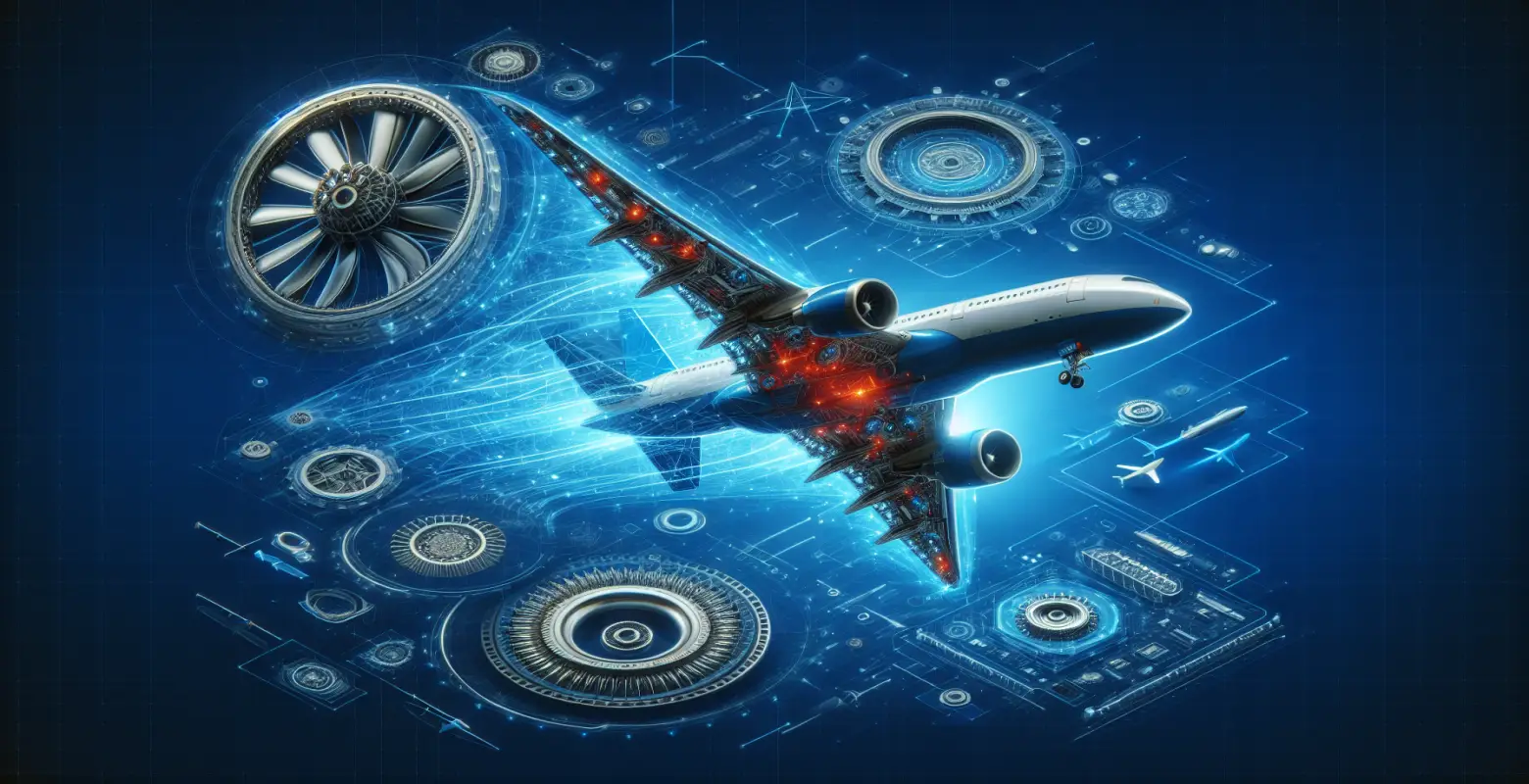Advantages and challenges of being a flight attendant
Introduction
Being a flight attendant is one of the most fascinating professions in the aviation industry, combining elements of travel, customer service, and crisis management. This profession is highly popular, especially among young people who dream of exploring the world and experiencing new cultures. However, being a flight attendant is not just about traveling and taking care of passengers, but also about facing many challenges that require specific skills and personality traits. In this article, we will take a closer look at the advantages and challenges associated with the profession of a flight attendant to better understand what this career entails.
Advantages of Being a Flight Attendant
Being a flight attendant is often seen as a profession full of adventures and excitement. There are many benefits to this profession that attract many young people to a career in aviation.
Worldwide TravelOne of the most obvious advantages of being a flight attendant is the opportunity to travel to different countries and continents. Flight attendants have the chance to visit places that many people can only dream of. Working on international routes allows them to explore new cultures, try local cuisines, and meet people from different parts of the world.
Flexible ScheduleThe profession of a flight attendant often offers a flexible work schedule. Although schedules can be demanding, days off and breaks between flights allow for rest and recuperation. This allows airline employees to plan their personal lives in a way that suits their individual needs.
Discounts on Airline TicketsMany airlines offer attractive discounts on airline tickets to their employees, enabling them to travel affordably during their free time. This can be a benefit not only for the flight attendants themselves but also for their families and friends.
Development of Interpersonal SkillsBeing a flight attendant requires a high level of interpersonal skills. Individuals in this role must deal with various situations, such as handling difficult passengers or managing crisis situations. This helps them develop skills such as communication, empathy, and problem-solving, which are valued in many other professions.
Challenges of Being a Flight Attendant
Despite numerous advantages, being a flight attendant also comes with many challenges that can be difficult to overcome for some individuals.
Working Unpredictable HoursOne of the main challenges is working unconventional hours. Flights take place at various times of the day and night, which can disrupt the circadian rhythm. Flight attendants must be prepared to work at night, on weekends, and holidays, which can impact their personal lives and health.
Physical and Mental StressWorking onboard an aircraft is physically and mentally demanding. Long hours spent on their feet, dealing with turbulence or emergency situations can contribute to fatigue and stress. Additionally, the pressure to ensure passenger safety requires constant vigilance and readiness to act.
Health ChallengesWorking at high altitudes, changing time zones, and exposure to different climates can affect the health of flight attendants. Pressure changes and frequent travel can lead to circulation problems and also impact sleep quality and overall well-being.
Lack of StabilityLiving in constant motion can be exciting, but for some individuals, the lack of stability and routine can be a challenge. Constant changes in locations and a lack of a fixed schedule can affect personal relationships and family life.
Trends and Future of the Flight Attendant Profession
The profession of a flight attendant is evolving with the development of the aviation industry. The increase in the number of passengers, technological advancements, and changes in legal regulations impact the daily functioning of airline employees.
Enhanced Safety StandardsPassenger safety is a priority in the aviation industry. Therefore, flight attendants must stay up to date with the latest procedures and technologies aimed at improving safety onboard.
Growing Importance of Customer ServiceIn an era of increasing competition in the aviation market, the quality of customer service becomes a key distinguishing factor for airlines. Flight attendants play an important role in this process, as they directly influence passengers' experiences during flights.
Adapting to Climate ChangeClimate change is one of the major challenges for the aviation industry. Flight attendants can play a role in promoting sustainable practices onboard and educating passengers about the ecological initiatives undertaken by airlines.
Summary
Being a flight attendant is an exciting profession full of benefits such as the opportunity to travel the world, flexible schedules, and the development of interpersonal skills. However, it is not a job without challenges, which may include physical and mental stress, unconventional working hours, and health challenges. Nevertheless, for many individuals passionate about aviation and travel, the benefits outweigh the difficulties associated with this profession. In the future, the flight attendant profession will continue to evolve, adapting to new trends and challenges in the aviation industry. For those dreaming of working in the skies, being a flight attendant offers not only exciting opportunities but also a chance for personal and professional growth.






Number of comments: 0